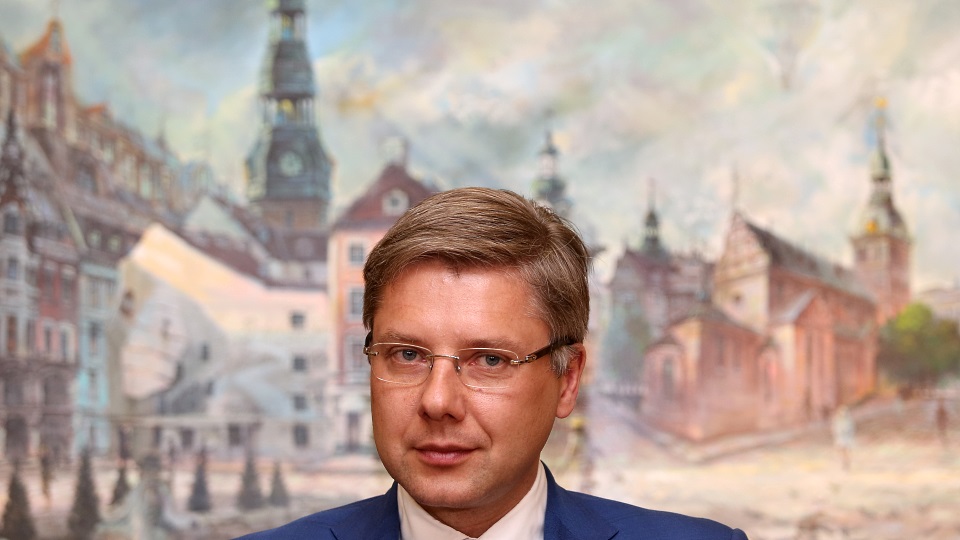The case centers on procurement contracts offered by the “Rīgas satiksme” (Rīga transport) company owned by the municipality.
As previously reported by LSM, Ušakovs, the main leader of the Harmony political party was suspended from his post by government minister Jūris Pūce after nearly ten years in charge of the Latvian capital city. Ušakovs subsequently ran for and won a seat in the European Parliament.
Having "suspect" status as opposed to "witness" status in a criminal probe does not mean any charges have been brought against Ušakovs, but increases the possibility that they could follow.
KNAB has not named Ušakovs, but a spokeswoman for the agency, Agita Antonane, confirmed to Latvian Radio that an item of "strategic significance" to the investigation was removed from the office of the Rīga city council chairman's office in KNAB raids earlier this year.
Meanwhile, the former mayor of Riga, writing from Strasbourg, said on his Facebook profile that the removed device may have been some form of recording or listening device among the various souvenirs and gifts on the shelves, though he intended to concentrate on his first day as an MEP. He also thanked Rīgans for his ten year tenure as mayor.
KNAB criminal proceedings began last autumn amid suspicions of possible bribery among Riga City Council and "Rīgas satiksme" officials for the purchase of more than EUR 270 million for trams, trolleybuses and buses. Bribery of officials and money laundering are being investigated.
Members of the European Parliament do enjoy immunity from prosecution. This immunity can be lifted, though it is a fairly complex process that needs to go through a committee and be subject to a parliamentary vote. The full process is outlined at the European Parliament website.




























